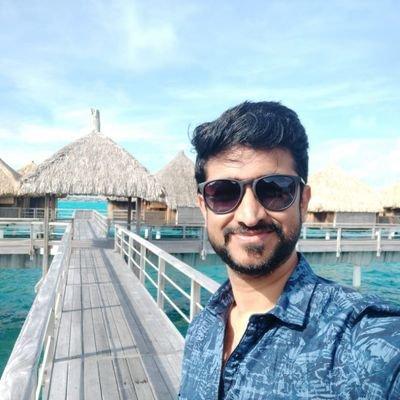Fosdem 2023 happened on the 4th and 5th of February in Brussels. This blog post overviews some interesting talks from the Monitoring and Observability room. The talks ranged from all aspects around Observability and Monitoring, but the majority focused on OpenTelemetry. Here is a recap.
Monitor your databases with Open Source tools.
🏃🏻♂Speaker: Edith Puclla.
Edith discussed the importance of database monitoring, such as query response time and actual connections. She also touched upon infra monitoring – CPU and memory usage, which results in proactive monitoring of the database systems.
After that, she showed the PMM tool from Percona, an open-source tool that supports MySQL, PostgreSQL, MariaDB, and MongoDB. PMM also has a list of Grafana dashboards that one can use with it directly, which helps in baking it with existing monitoring visualization.
Here is the link to the video.
Application Monitoring with Grafana and OpenTelemetry
🏃🏻♂️Speaker: Fabian Stäber
This talk was about instrumenting a Java Spring Boot app with OpenTelemetry and LGTM stack. He showed how to use the Java instrumentation agent of OpenTelemetry to monitor the application without changing any application code, which is automatic monitoring. The talk covers logs, metrics, traces, and visualizing them together. If you are new to PromQL and visualization using Grafana, this talk also gives an excellent overview of it. The demo application can be found here.
Here is the link to the video.
Practical introduction to OpenTelemetry tracing
🏃🏻♂️Speaker: Nicolas Frankel
This talk gave a whirlwind tour of how developers can start using traces. Nicolas covered auto instrumentation of not just one but three apps 🤯 in this talk – Python, Java, and Rust. The auto instrumentation does not require any change in the code but allows developers to experience how traces can show up in the application flow. Nicolas used Jaeger for the visualization of the traces. He also showed manual instrumentation examples in the second half of the talk. The code examples can be found here.
Here is the link to the video.
Exploring the power of OpenTelemetry on Kubernetes
🏃🏻♂️Speakers: Pavol Loffay, Benedikt Bongartz
This talk started with the history of distributed tracing, starting with X-Trace, and OpenTracing, to giving an overview of OpenTelemetry as of today – touching upon the problems of standardization that OpenTelemetry solves. After that, they explained the OpenTelemetry Kubernetes operator architecture and a detailed walkthrough of how to use it to collect traces, logs, and metrics from the apps running on Kubernetes.
Here is the link to the video.
Adopting continuous-profiling: Understand how your code utilizes cpu/memory
🏃🏻♂️Speaker: Christian Simon
This talk covered the limitations of metrics, logs, and traces and then explored how profiling can help. Christian then showed how to set up profiling, what data it can capture, and visualize it. This talk is an excellent overview of continuous profiling using Golang's pprof tool. The demo includes visualization of profiling data using Phlare and Grafana.
Here is the link to the video.
Loki: Logging, but make it cloud native
Get started with Loki, self dubbed "Prometheus, but for logs"
🏃🏻♂️Speakers: Kaviraj Kanagaraj, Owen Diehl
In this talk, Kaviraj and Owen gave a tour of Loki - the time series database for strings. They touched upon problems with log aggregation and how they are addressed in Loki, along with showing the architecture of Loki. The exciting part of the talk was about indexing rather than the lack of it.
Here is the link to the video.
Conclusion
There were so many exciting talks covering aspects of Observability and Monitoring at Fosdem, and this roundup was just a brief overview of highlights from the event.



